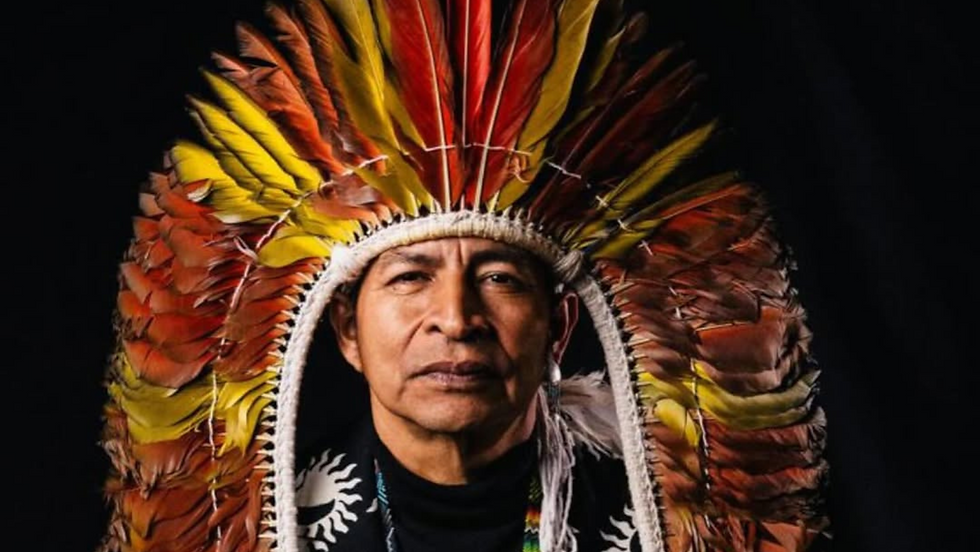Employee Spotlight: Fabio Rohe, PhD - Biodiversity Senior Specialist
- Sep 3, 2025
- 3 min read

Our global conservation work would not be possible without the dedication, expertise, and passion of our team members. Each month, get to know our team members and what they do through our Employee Spotlight Series.
In this month’s spotlight meet Fabio Rohe PhD, Wildlife Works Biodiversity Senior Specialist for Brazil. From discovering new species to creating community-based biodiversity monitoring initiatives that have helped save millions of hectares of forest across Brazil, Fabio’s rich experience makes him an indispensable part of our team.
Learn more about Fabio and his perspectives on using the market for community-led conservation in this Q&A.
Q: How would you describe what you do at Wildlife Works?
A: I help develop and implement biodiversity monitoring in the Gregório River Indigenous Land (BDSU), supporting a new conservation-based business model for communities in pristine forests. I also contribute expertise to feasibility studies, monitoring, and forest restoration in the Brazil team’s focal areas.
Q: What did you do before joining Wildlife Works?
A: I have dedicated my career to wildlife research and forest conservation in Brazil, coordinating mammal studies and contributing to conservation management plans. At WCS Brazil, I helped design a community monitoring initiative.
In primatology, I expanded evolutionary and taxonomic knowledge of Amazonian primates, enriched zoological collections, and described new species, leading to my 2009 appointment to the IUCN Primate Specialist Group.

Q: What made you want to join Wildlife Works?
A: After contributing scientific knowledge from various sampling gaps in the Amazon, protecting millions of hectares of forest through the creation and planning of Conservation Units and containing impacts on the forest, I was certain that conservation is not possible without the well-being of forest peoples. I was particularily drawn to the Wildlife Works’ Biodiversity Stewardship Unit (BDSU) initiative, which aims to benefit peoples who have preserved territories in pristine conditions, and includes peoples who cannot be covered by REDD+ projects.
Q: Do you have a favorite species?
A: I'm a primatologist, so that partly answers that, but essentially I'm passionate about evolutionary processes. It's the most incredible thing in the universe, as far as we know, and we have many admirable results (species). What technology could produce big cats, eagles, snakes, etc.? It's incredibly disrespectful to neglect non-human life on the planet.

Q: What's your favorite book, or a book you're currently reading?
A: Two books that I think are fundamental for Latin Americans are: Open Veins of Latin America, by Eduardo Galeano and The Demon-Haunted World: Science as a Candle in the Dark, Carl Sagan.
Q: Share a story of a community member or employee whose life changed for the better through our work.
A: At the beginning of our project in the Gregório River IL, a Yawanawa said: “I think that if it weren't for a project like this, we would never get to know these places within our land.” In our project, we access places unknown to the current generation, sparking interest in expanding knowledge, both about species and about the territory.

Q: What have you seen that makes you believe REDD+ is a viable solution to the climate and biodiversity crises?
A: Humanity needs to realize that it is possible to reconcile nature conservation with countries' economic growth. It's time to reduce consumption, distribute wealth and re-evaluate contemporary society's way of life and the planetary political/economic system. Only with mass liberating education and the application of scientific knowledge in everyday life can this process of change take place.
Q: What message would you convey to someone skeptical about carbon markets?
A: Do you know of any fairer way of transferring wealth to native peoples in the world today?
Is there any other effective way of supporting the people who really know how to live on this planet?



